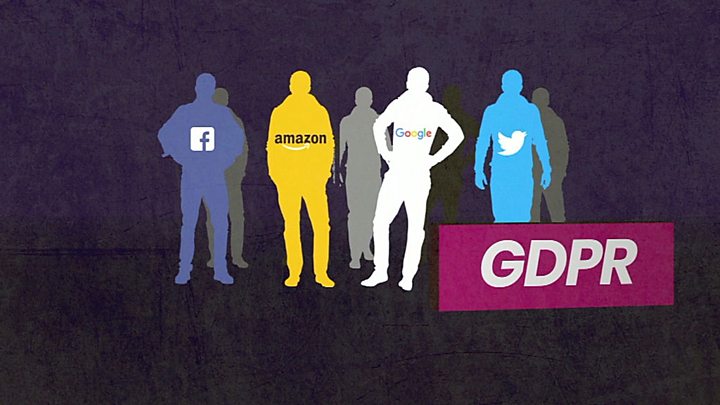Facebook Challenges Belgian Tracking Ban

 Image copyright
Getty Images
Image copyright
Getty Images
Facebook is challenging a Belgian court order preventing the company from tracking people without their consent.
A Brussels-based court ruled in 2018 that Facebook had broken privacy laws and needed to delete illegally-gathered data on the country's citizens.
The company is threatened with fines of 250,000 euros (£214,000) a day for non-compliance.
The social media giant is challenging the court order in a two-day hearing in a Brussels appeals court.
Broken privacy laws
In 2018, a Belgian court ordered Facebook to stop tracking the country's citizens without their consent.
This included both Facebook users and those who did not use the company's services.
The country's privacy watchdog said that the social media platform had broken privacy laws by placing tracking code on third-party websites.
The court told Facebook that it must "stop following and recording internet use by people surfing in Belgium, until it complies with Belgian privacy laws".
In a statement, Facebook told Bloomberg that it understands "that people want more information and control over the data Facebook receives from other websites and apps that use our services".
High stakes
European regulators have received increased powers over the past few years when it comes to privacy protections.

Media playback is unsupported on your device
However, under the EU General Data Protection Regulation (GDPR), companies face even larger fines of up to 20 million euros or 4% of their global turnover, whichever is higher.
The regulation, which came in during 2018, compels companies to obtain active user consent to collect data among other rules.
Meanwhile, Facebook faces legal disputes on the other side of the Atlantic too on charges of enabling housing discrimination.
The US Department of Housing and Urban Development (HUD) has charged Facebook, which told the BBC in a statement: "We're surprised by HUD's decision, as we've been working with them to address their concerns, and have taken significant steps to prevent ads discrimination."
Last week the company settled separate legal action with the American Civil Liberties Union regarding discrimination and targeted advertising.
From Chip War To Cloud War: The Next Frontier In Global Tech Competition
The global chip war, characterized by intense competition among nations and corporations for supremacy in semiconductor ... Read more
The High Stakes Of Tech Regulation: Security Risks And Market Dynamics
The influence of tech giants in the global economy continues to grow, raising crucial questions about how to balance sec... Read more
The Tyranny Of Instagram Interiors: Why It's Time To Break Free From Algorithm-Driven Aesthetics
Instagram has become a dominant force in shaping interior design trends, offering a seemingly endless stream of inspirat... Read more
The Data Crunch In AI: Strategies For Sustainability
Exploring solutions to the imminent exhaustion of internet data for AI training.As the artificial intelligence (AI) indu... Read more
Google Abandons Four-Year Effort To Remove Cookies From Chrome Browser
After four years of dedicated effort, Google has decided to abandon its plan to remove third-party cookies from its Chro... Read more
LinkedIn Embraces AI And Gamification To Drive User Engagement And Revenue
In an effort to tackle slowing revenue growth and enhance user engagement, LinkedIn is turning to artificial intelligenc... Read more

